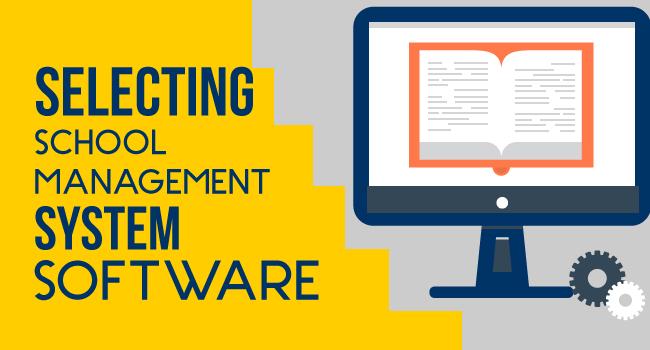Educational ERP (Enterprise Resource Planning) refers to a software solution that integrates all the functions of a college or educational institution into a single, unified system. Its primary purpose is to streamline operations, automate processes, and enhance communication between administrators, faculty, students, and staff.

An ERP system in a college typically manages a wide range of administrative and academic functions. These include student enrollment, attendance tracking, grade management, scheduling, fee collection, library management, and human resource management. By centralizing these tasks, the ERP system helps reduce manual workloads, minimize errors, and improve operational efficiency.
For students, ERP systems offer a convenient way to access their academic records, check attendance, view exam results, register for courses, and pay fees online. For faculty members, it simplifies grading, timetable management, and student performance tracking. Administrators benefit from enhanced data analysis, making it easier to generate reports and make informed decisions.
A key feature of ERP systems is real-time data updates, which help keep all users informed and improve decision-making. The system ensures that students receive timely notifications about exams, assignments, or schedule changes, while teachers and staff are also updated on relevant academic and administrative matters.
By providing a centralized platform for various activities, an educational ERP system in college not only improves efficiency but also enhances the overall experience for both students and faculty. With the increasing demand for digital transformation in education, ERP systems are becoming indispensable tools for modern colleges and universities, supporting their growth and success in a competitive academic landscape.
